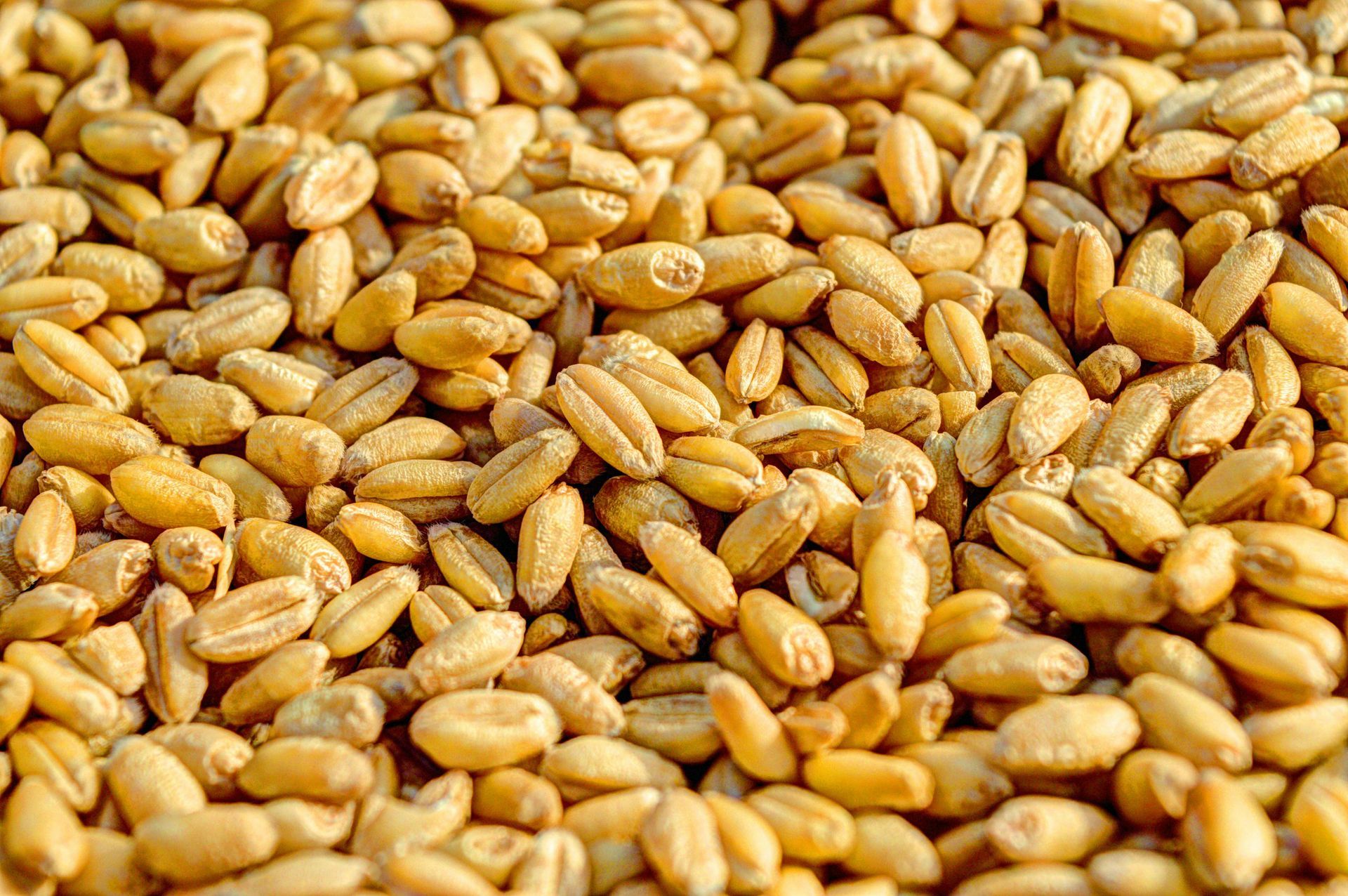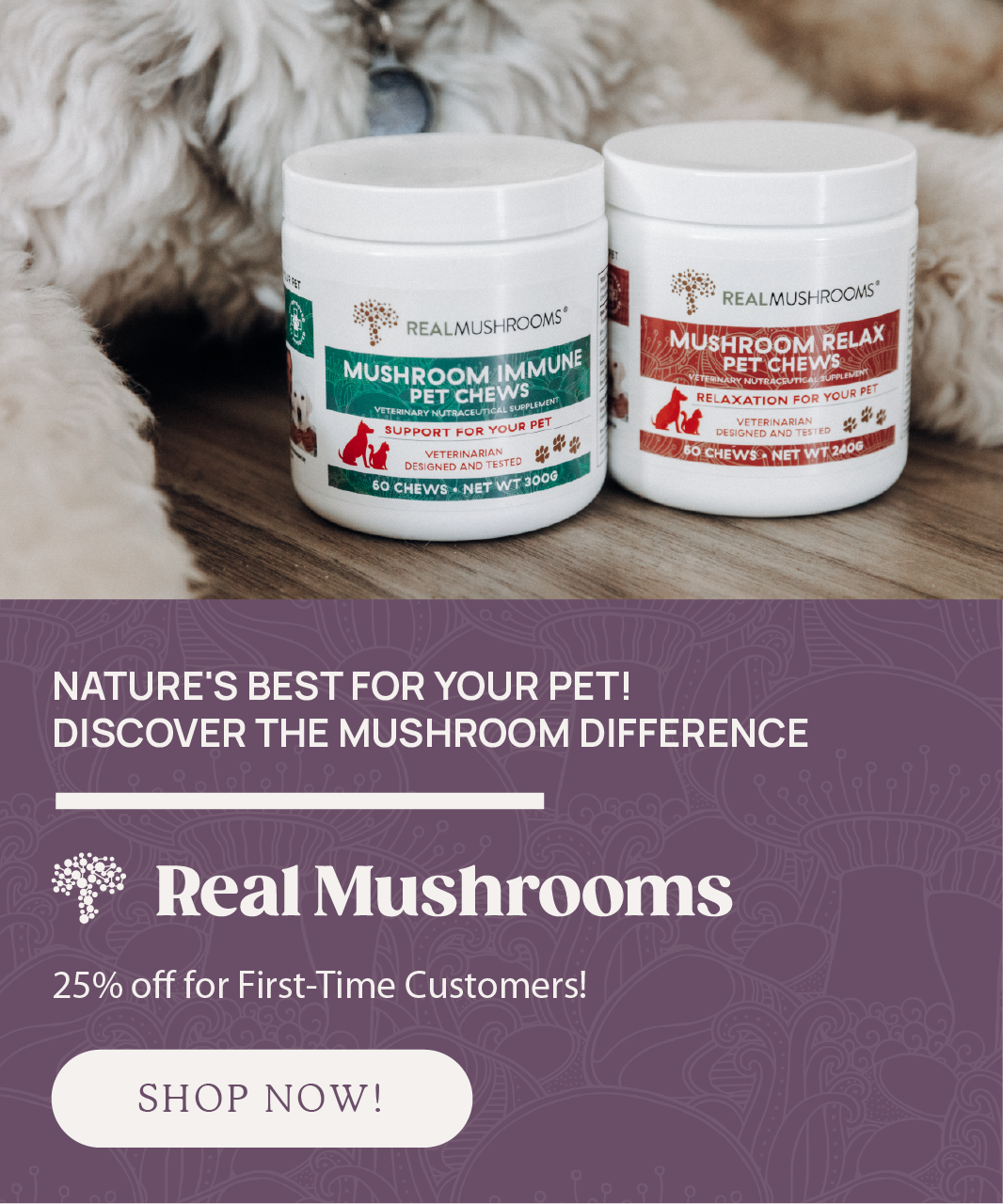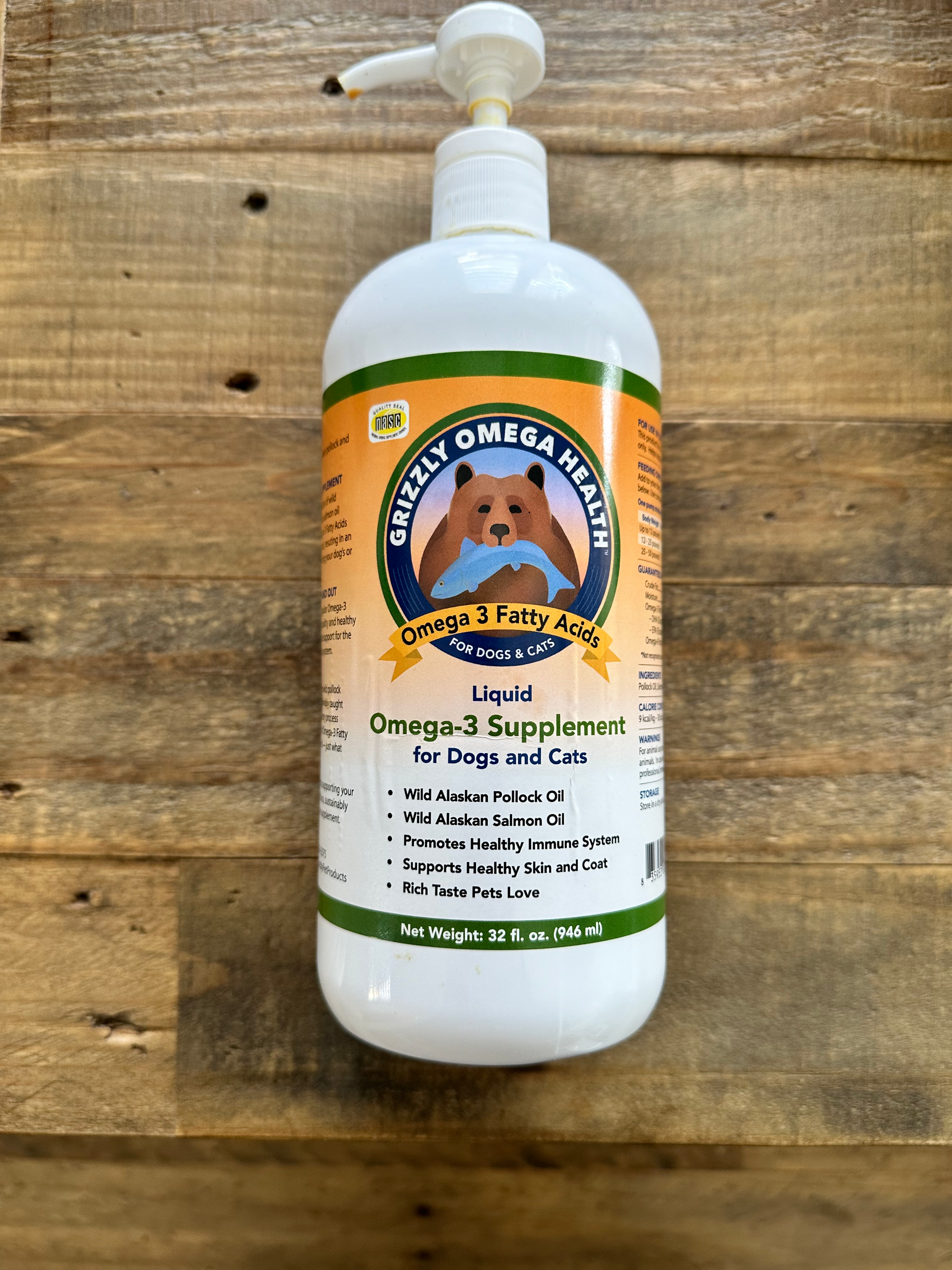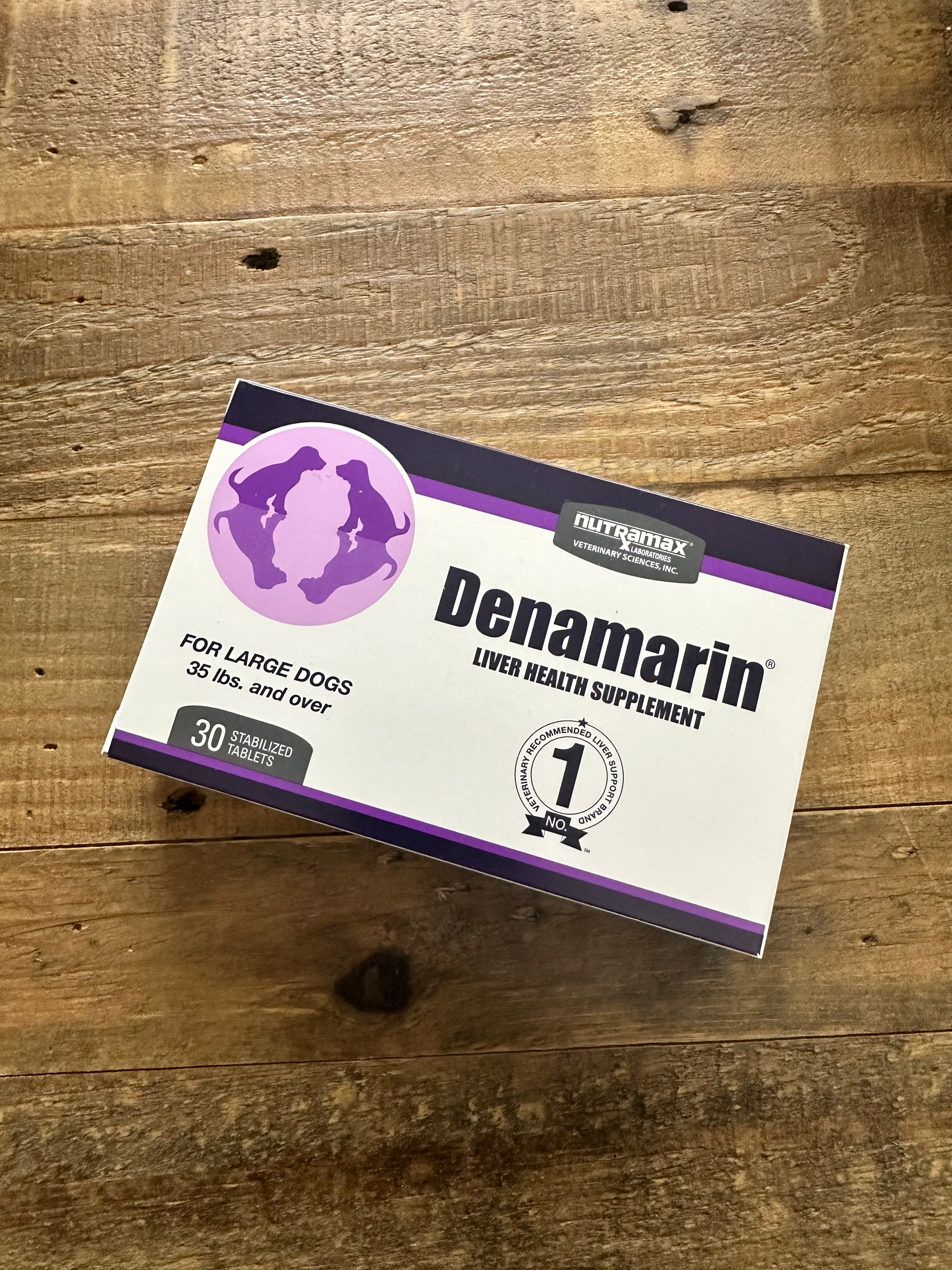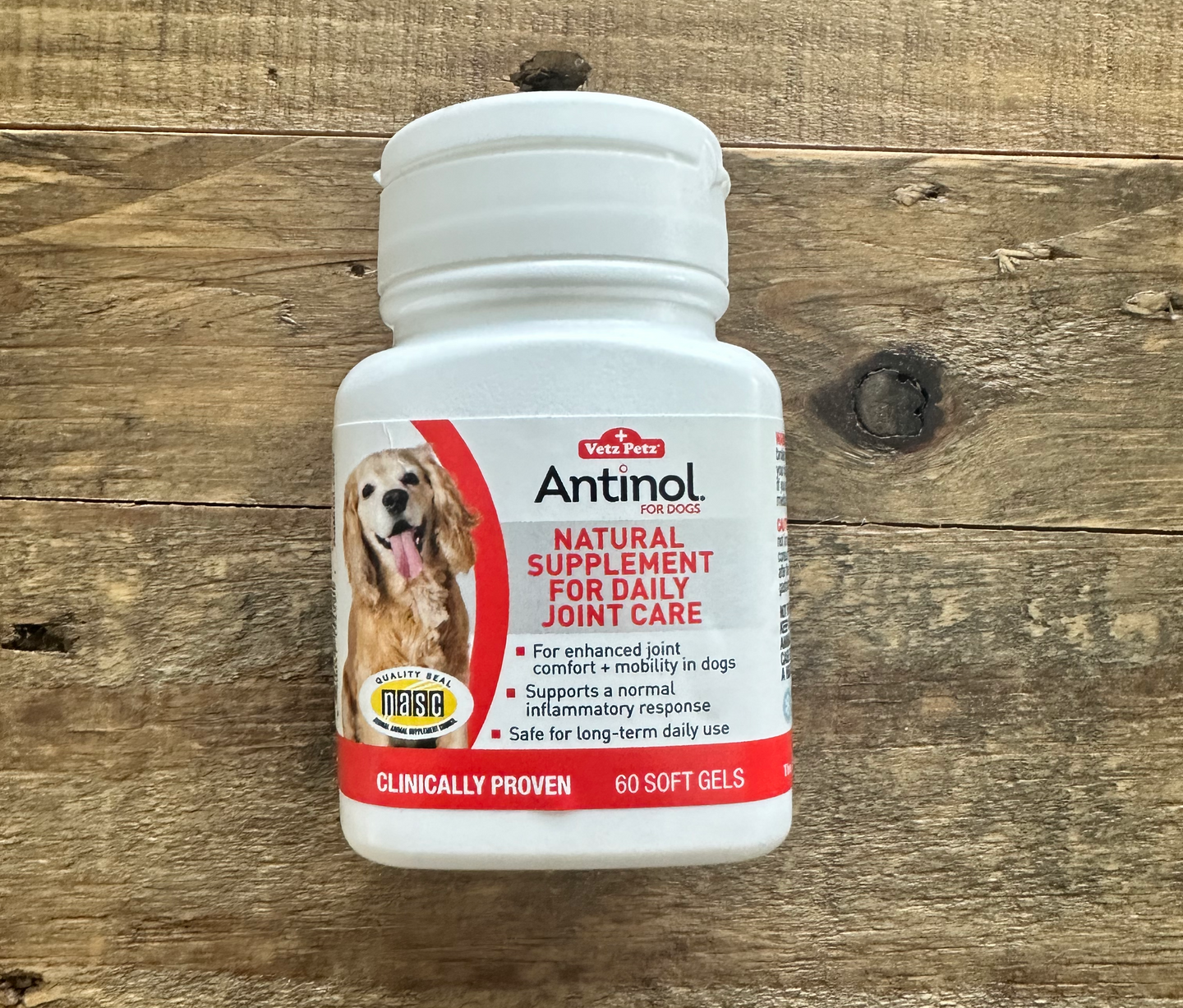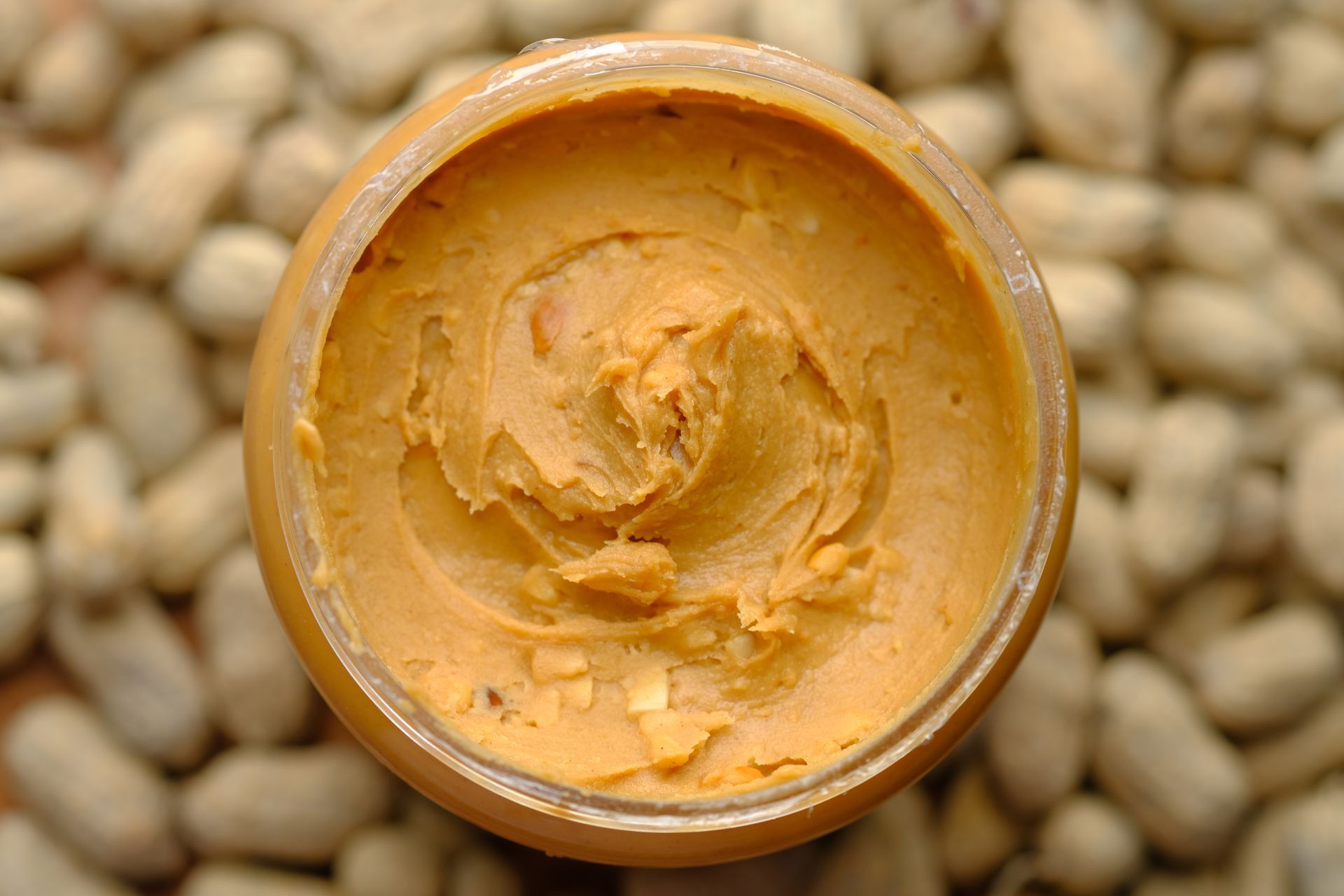Omega-3 & Omega-6 for Dogs: The Essential Fatty Acid Guide

This page may contain affiliate links, and we may earn a commission, referral fee, or compensation. Please read our Disclaimer.
Advertisement
Recent Posts
Providing a healthy diet for your canine companion requires an understanding of various essential nutrients, and fatty acids are no exception. These building blocks play a crucial role in numerous bodily functions, influencing everything from skin health to cognitive performance. Whether you are feeding a homemade diet, kibble, or other commercially produce dog food, the addition of fatty acids can be beneficial.
This article delves into the world of essential fatty acids (EFAs) in homemade dog food and others, equipping you with the knowledge to meet your dog's nutritional needs.
Fatty Acids 101: Omega-3s vs. Omega-6s
There are two main types of fatty acids that are crucial for dog health: omega-3s and omega-6s. Both are considered "essential" because dogs can't produce them on their own and need to get them from their diet.
Omega-3s
Think of these as the all-stars of anti-inflammation. They play a vital role in supporting healthy skin and coat, promoting joint health, and even boosting cognitive function. Fish oil is a rich source of omega-3 fatty acids, particularly EPA and DHA. Essential Omega-3 fatty acids include:
- Alpha-linolenic acid (ALA): An omega-3 fatty acid, ALA serves as the foundation for the production of other crucial omega-3s, eicosapentaenoic acid (EPA), and docosahexaenoic acid (DHA). ALA promotes healthy skin and coat, maintains immune function, and may offer anti-inflammatory benefits.
- Eicosapentaenoic acid (EPA): This omega-3 fatty acid plays a crucial role in reducing inflammation, supporting healthy joints and cardiovascular function, and potentially influencing cognitive function.
- Docosahexaenoic acid (DHA): This omega-3 fatty acid is critical for brain development and function throughout life. DHA also supports healthy vision and may offer benefits for joint health.
Omega-6s
These fatty acids are essential for healthy skin and a shiny coat, as well as regulating the immune system. They're readily found in vegetable oils like sunflower and safflower oil, often included in commercially prepared dog food. Essential Omega-6 fatty acids include:
- Linoleic Acid (LA): This fatty acid is crucial for growth, reproduction, healthy skin and coat, and maintaining a strong immune system. Linoleic acid can't be produced by a dog's body and needs to be obtained through diet. It's readily found in vegetable oils like safflower oil, which are often included in commercially prepared dog food, eggs and meat fats.
The Balancing Act: Why Ratio Matters
While both omega-3s and omega-6s are important, the key to unlocking their full potential lies in achieving the right balance. The National Research Council (NRC) recommends a ratio of 2.6:1 to 26:1 omega-6 to omega-3.
An imbalance can occur if a dog's diet is too high in omega-6s, which are more readily available in processed foods. This can lead to inflammation, skin problems, and even joint issues.
Fatty Acid Deficiency
A deficiency in essential fatty acids can manifest in various ways, including:
- Dry, itchy skin and a dull coat
- Increased shedding
- Lethargy and weakness
- Delayed wound healing
- Weakened immune system
- Joint pain and inflammation (especially in older dogs)
- Cognitive decline in senior dogs
If you notice any of these signs in your dog, consult a veterinarian for a proper diagnosis and discuss potential dietary adjustments or supplementation options.
The Benefits of Fatty Acids
Beyond addressing deficiencies, EFAs offer a multitude of potential health benefits for dogs:
- Skin and Coat Health: EFAs contribute to a healthy, shiny coat and promote skin hydration, reducing dryness and itchiness.
- Joint Health: EPA and DHA may play a role in reducing inflammation and promoting joint health, potentially alleviating discomfort and stiffness associated with arthritis.
- Cognitive Function: DHA, particularly crucial for brain development, may support cognitive function throughout a dog's life, potentially delaying age-related cognitive decline.
- Cardiovascular Health: EPA and DHA may offer benefits for cardiovascular health by potentially lowering blood pressure and reducing inflammation.
- Immune System Support: EFAs contribute to a healthy immune system, strengthening your dog's defense against various health challenges.
Skin Issues: A deficiency in essential fatty acids can wreak havoc on your dog's skin health. EFAs are vital for maintaining the skin's natural moisture barrier. Without them, the skin can become dry, itchy, and inflamed, increasing the risk of infections.
Arthritis: Omega-3 fatty acids, particularly EPA and DHA, possess potent anti-inflammatory properties. In dogs suffering from arthritis, these fatty acids play a crucial role in reducing joint pain and stiffness. When EFAs are deficient, inflammation can worsen, leading to increased discomfort and decreased mobility for arthritic dogs.
Essential Fatty Acids: Food Sources
Alpha-Linolenic Acid (ALA) - Omega-3
Food Sources:
- Flaxseeds (ground or sprouted)
- Chia seeds (ground or sprouted)
- Hemp seeds
- Walnuts
- Salmon (wild-caught)
- Sardines
- Herring
- Mackerel
- Eggs
Eicosapentaenoic Acid (EPA) - Omega-3
Food Sources:
- Fatty fish like salmon, sardines, herring, and mackerel
- Fish oil supplements
- Krill oil supplements
Docosahexaenoic Acid (DHA) - Omega-3:
Food Sources:
- Fatty fish like salmon, sardines, herring, and mackerel
- Fish oil supplements
- Krill oil supplements
Exploring Fatty Acid Supplements for Dogs
While incorporating Essential Fatty Acid-rich ingredients into your dog's homemade diet is ideal, there are situations where supplementation might be necessary or beneficial. Here's a look at some popular fatty acid supplements for dogs:
1. Fish Oil:
- Source: Fatty fish like salmon, sardines, herring, and mackerel
- Benefits: Rich in EPA and DHA, offering potential benefits for skin and coat health, joint health, and cognitive function.
- Considerations: Choose high-quality, purified fish oil and follow recommended dosage instructions carefully to avoid exceeding recommended intake.
2. Krill Oil:
- Source: Krill, a small crustacean
- Benefits: Similar to fish oil, krill oil contains EPA and DHA, potentially offering benefits for skin, coat, joints, and cognitive function. It may also have anti-inflammatory properties.
- Considerations: Krill oil can be more expensive than fish oil and may not be as readily available.
3. Green-Lipped Mussel (GLM) Extract:
- Source: Green-lipped mussels, a type of shellfish found in New Zealand
- Benefits: Contains glycosaminoglycans (GAGs) and omega-3 fatty acids, potentially offering benefits for joint health and mobility, especially in dogs with arthritis.
- Considerations: GLM extract can be expensive and may not be suitable for all dogs, particularly those with shellfish allergies.
Read more about Green Lipped Mussels
Important Note:
- Always consult your veterinarian before introducing any new supplement to your dog's diet, including fatty acid supplements. They can help determine the appropriate type, dosage, and potential interactions with your dog's existing medications or health conditions.
Remember: Supplements should not be used as a replacement for a balanced diet but can be a valuable tool in conjunction with a veterinarian's guidance to address specific needs or enhance your dog's overall health.
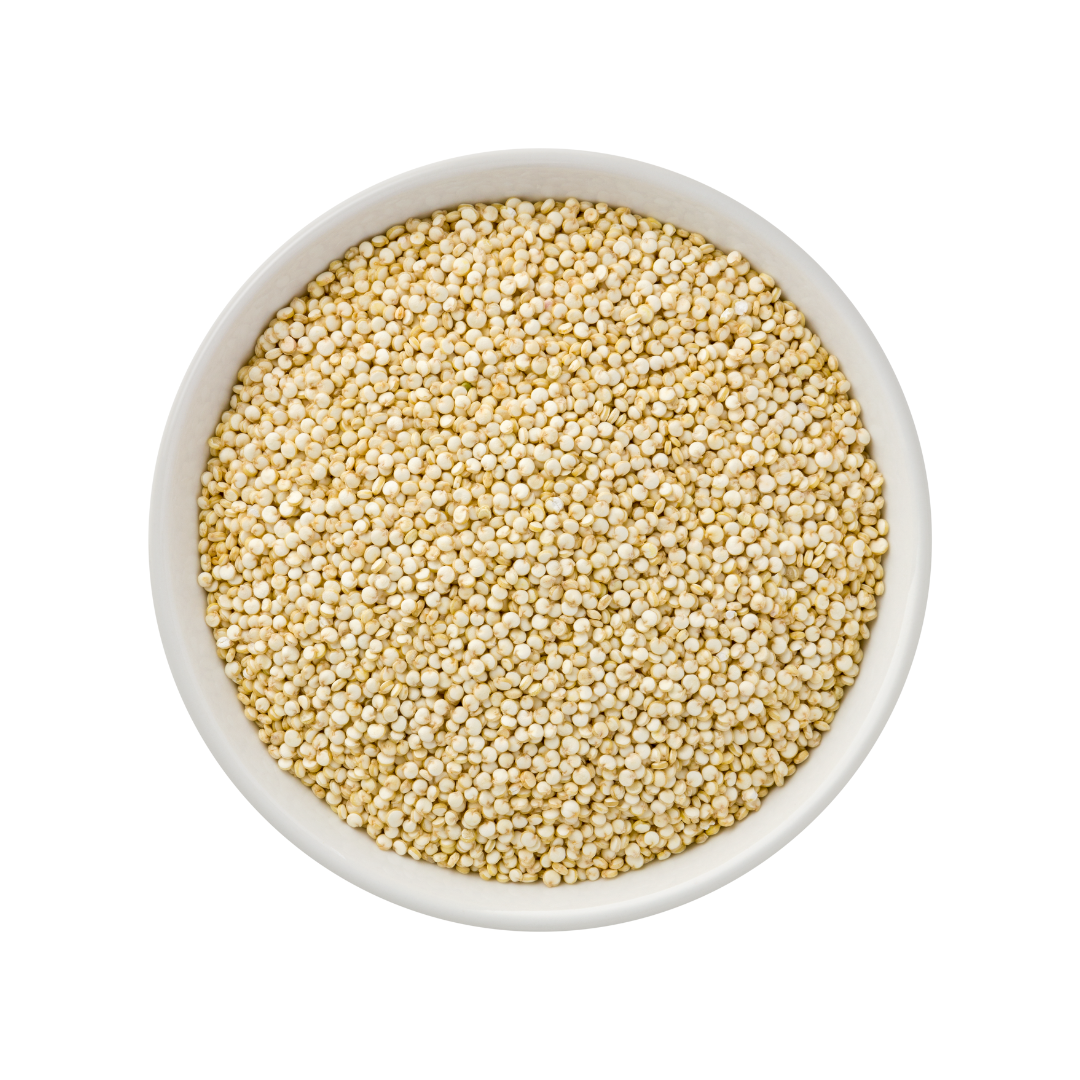
More from the Blog
Join Our Newsletter
Join our Newsletter
We will get back to you as soon as possible.
Please try again later.



